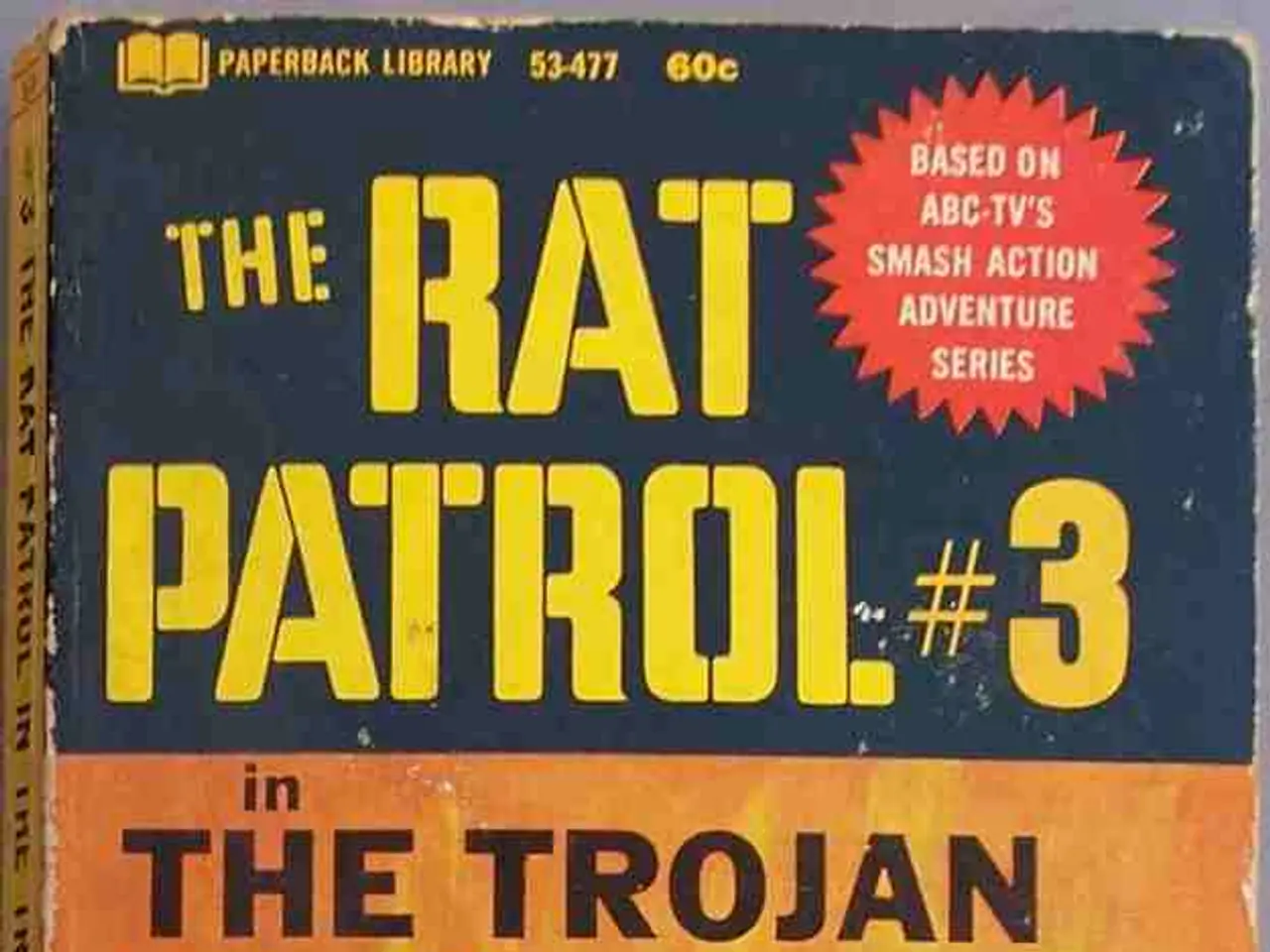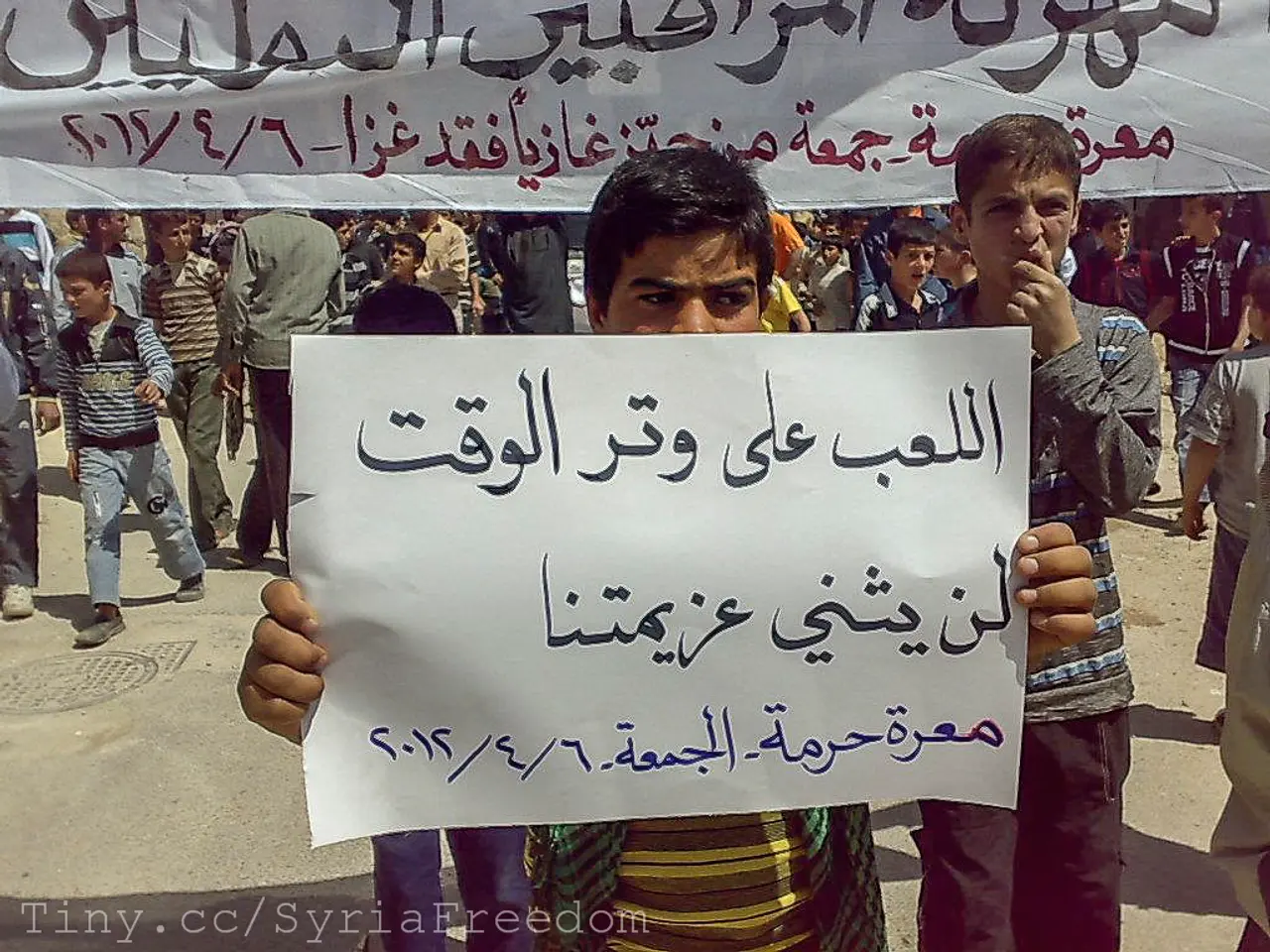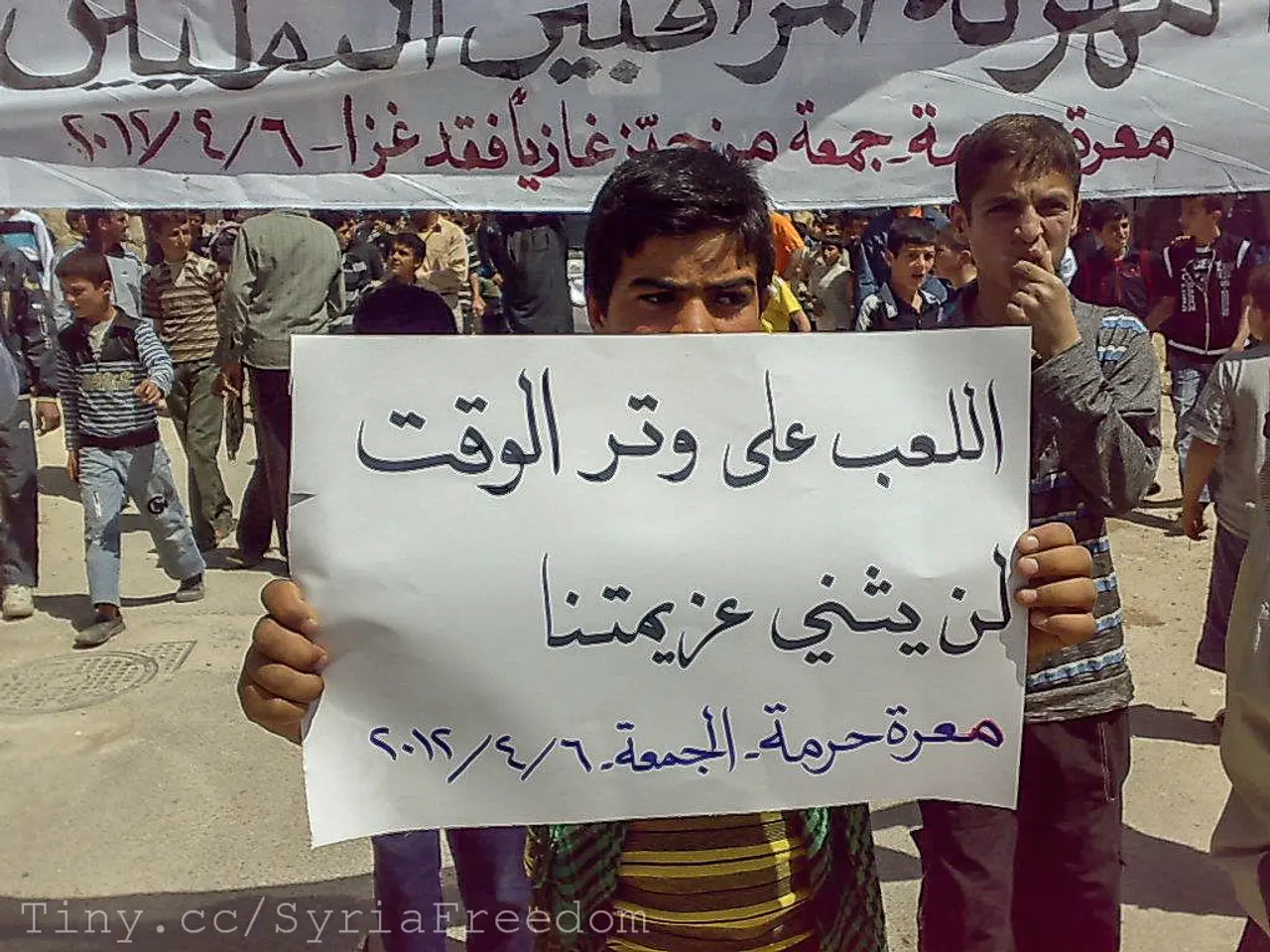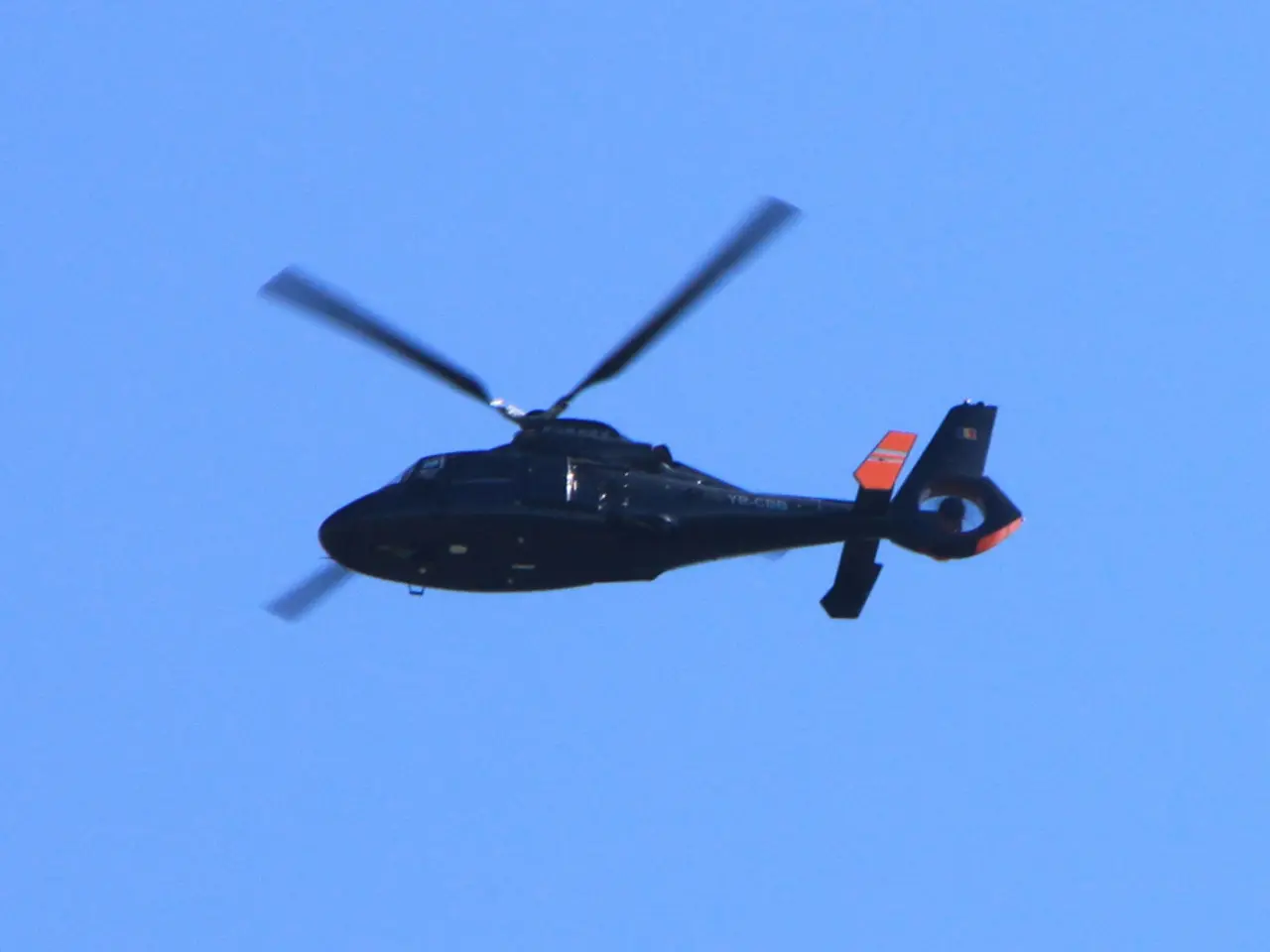Terrorists responsible for the assault on vacationers in Kashmir have been fatally eliminated - Tourist fatalities after assault in Kashmir, India
In the resort town of Pahalgam, Kashmir, on April 22, 2025, a brutal attack took place, claiming the lives of 26 predominantly Hindu tourists. The group responsible for this heinous act was later identified as the Resistance Front (TRF), an organization with deep-rooted links to Pakistan-based Lashkar-e-Taiba (LeT).
The TRF emerged in 2019 as an offshoot and front group of the Pakistan-based LeT. The group is led by Sheikh Sajjad Gul, with Ahmad Khalid serving as the spokesperson, and the late founder Muhammad Abbas Sheikh, who was killed in 2021 during a counter-terrorism operation. The TRF operates through decentralized cells, comprising a couple of hundred militants.
The TRF has strong operational and ideological links to Lashkar-e-Taiba, acting as a proxy for LeT to carry out militant activities in Jammu and Kashmir. The organization is also a part of the United Jihad Council, an umbrella organization that includes LeT and other Pakistan-backed terror groups like Jaish-e-Mohammed (JeM) and Hizbul Mujahideen (HM). The TRF reportedly coordinates with these groups and fronts such as the People's Anti-Fascist Front (PAFF), which serves JeM's interests.
The connection of TRF to Pakistan is significant: it is described as a front created by LeT, which is based in Pakistan. This relationship is emphasized in reports by the UN Security Council's Monitoring Team and the US designation of TRF as a foreign terrorist organization. The UN report explicitly states that the Pahalgam attack could not have occurred without Lashkar-e-Taiba’s support, highlighting TRF’s status as a proxy operating with backing from Pakistan-based LeT.
India has accused Pakistan of supporting the attackers, while Pakistan denies responsibility for the attack. Indian intelligence agencies have "detailed evidence" of their involvement in the attack, according to Minister Shah. The U.S. Department of State has also declared that the Resistance Front is a "contractor and proxy" of the Pakistani LeT.
The renewed border conflict sparked by the Pahalgam attack resulted in more than 70 deaths on both sides. Kashmir has been divided since India and Pakistan gained independence in 1947, and the region has seen two wars and numerous armed skirmishes. The Observer Research Foundation in India describes the Resistance Front as a "front" and "offspring" of the Pakistani Islamist group LeT. India labels the Resistance Front as a terrorist organization.
The attackers ambushed the pilgrims with machine guns from the nearby forests. Survivors told journalists that the attackers separated women and children and forced some men to recite the Muslim creed. The operation by security forces took place in the mountainous region of Dachigam, approximately 30 kilometers from the city of Srinagar.
This affiliation supports the interpretation that Pakistan-based LeT uses TRF to maintain plausible deniability while continuing militant operations in Kashmir, a region both India and Pakistan claim in its entirety. The international community must take note of these connections and work towards ending the cycle of violence and terrorism in Kashmir.
- The Resistance Front (TRF), linked to Pakistan-based Lashkar-e-Taiba (LeT), orchestrated the attack on tourists in Kashmir, which led to heated political discussions regarding India's security and the UN's role in resolving the ongoing conflict.
- The Pahalgam attack, where the TRF acted as a proxy for LeT, has been strongly condemned as a war-and-conflict event, impacting the general news, crime-and-justice, and politics landscape, and underscoring the need for diplomacy to curtail terrorism and maintain regional peace.





